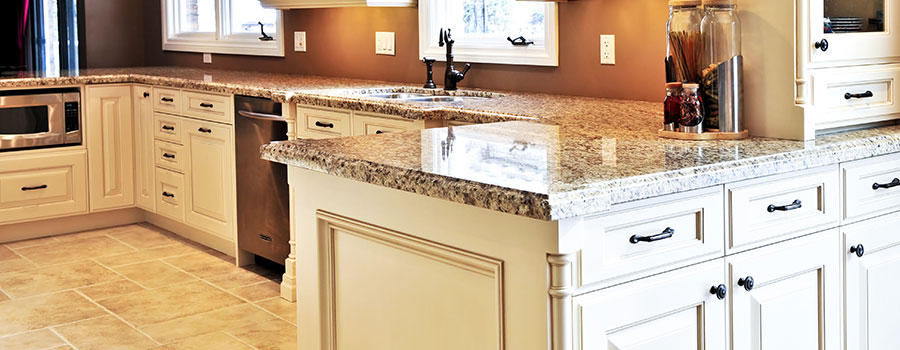Home Addition Tips You Should Never Ignore
Are you looking to add an addition to your home? Here are valuable tips you should put into consideration: Follow the building laws Imagine this. You have hired the best home addition builder and even started your project. A few days into the addition project, you get a communication from the local authorities that you can’t continue with the addition as you are bleaching the local building laws. You are devastated, as you have already invested substantially in it. Unfortunately, the local authorities don’t want to hear about it as you are building against the stipulated laws. What do you have to do? You have no other way out other than to pause the project and only proceed while following the stipulated laws. Sometimes, you have to bring down the entire project and start afresh. While you can opt to ignore the laws, you should always follow them. For one, if you are looking to sell the house later down the road, no buyer will be excited to buy a home that was illegally built. If you have an accident, you will have difficulty receiving your claim, especially when the insurance company realizes that you didn’t follow the building rules. To stay safe, always follow the building statutes in your area. Aim to add value to your project As you build the addition, don’t just build it—make it to add value to the property. You should note that sometimes you can go overboard and install materials that are too expensive that you fail to recoup your investment. For example, when the selling time comes, you can install high-end granite or marble countertops and fail to recoup your investment. If you are adding the addition mainly to sell the house later down the line, be cautious of the extras you add as you can easily use materials that you will never recoup the money you put into them. If you aren’t sure about the suitable materials to use, get the input of an appraiser. Always have a contingency fund. After you have come up with a plan for the project, your next move should be to draw up a budget as you are coming up with a budget and set aside some amount that you will use in the event of an emergency. A good rule of thumb is to set aside 10% of your total budget to spend on troubles that might come up. The contingency is usually enough, but don’t stop here—think of the future beyond construction. More space means you will have higher energy bills, including heating and cooling. You will also attract higher property taxes. If adding a bathroom, the extra bathroom space means that you will consume more water. You should factor in all these before you begin your project. It would be a great shame to add an addition only to realize that you can’t maintain it. Work with professionals You must work with experienced home remodeling architects Washington DC for the best outcome. While they will be a little expensive, they are worth it, as you will have peace of mind that you are […]
Read more
